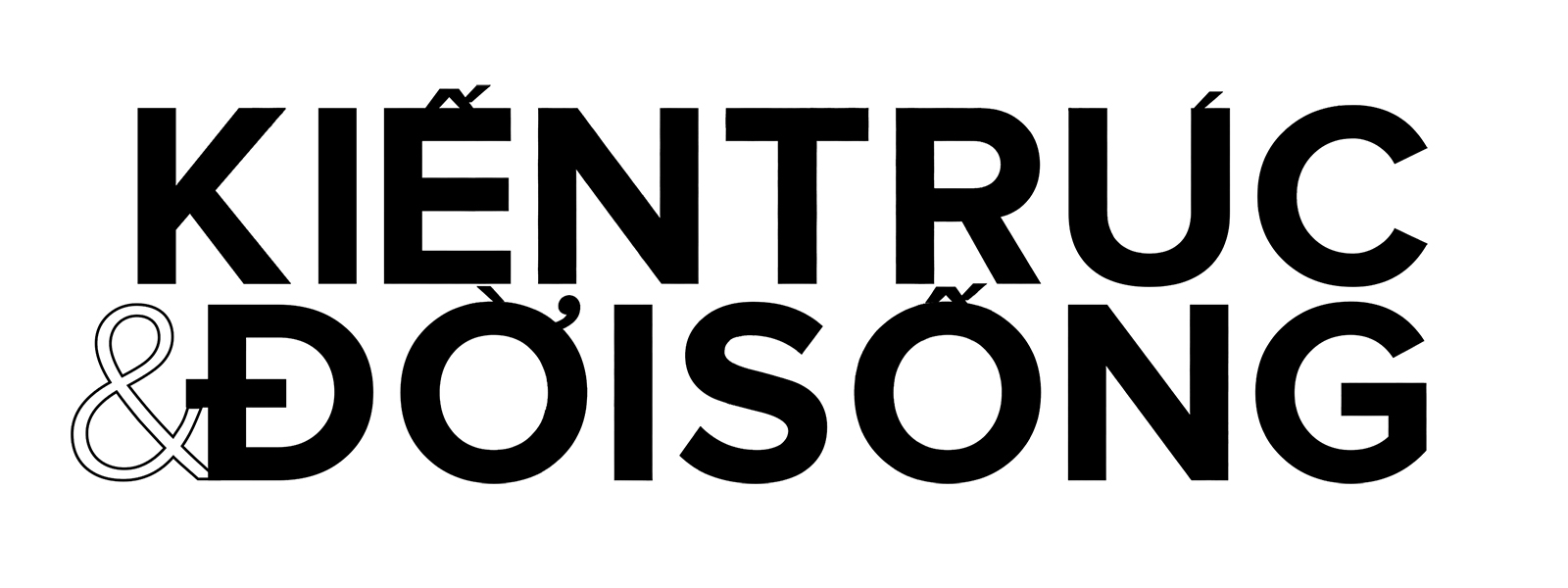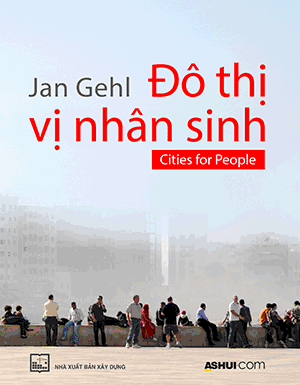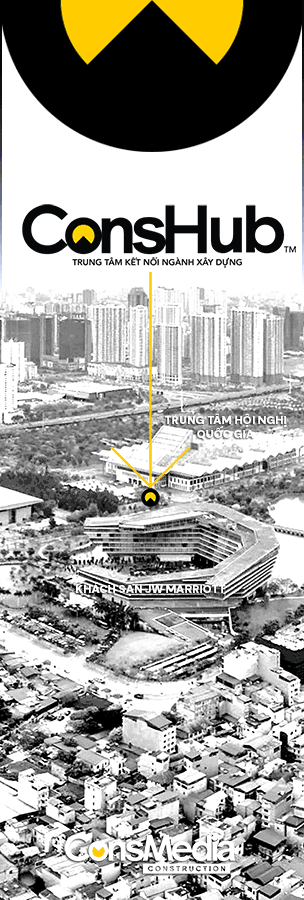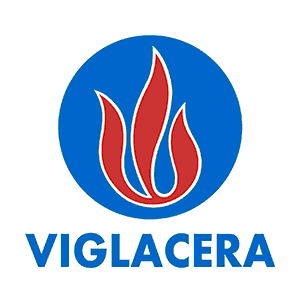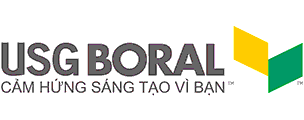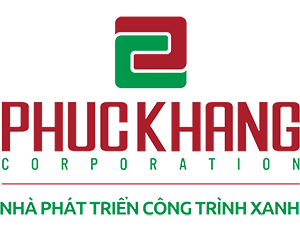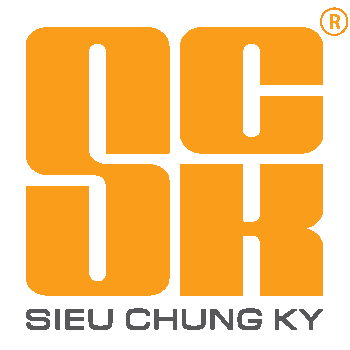Foreign investment flows into Vietnamese real estate plummeted in the first half of this year, but consultants claim investment opportunities “are excellent” for the next 12 months.
A Vietnam Centre of Foreign Investment Studies report showed that total registered foreign direct investment (FDI) in Vietnam’s property sector in the first half of 2011 was just $305 million, a modest figure compared with the sort of sums seen in the last few years. 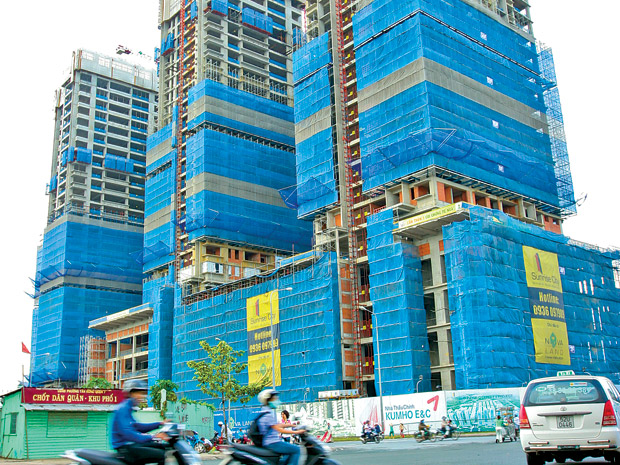 Foreign investment in real estate peaked in 2008 when it made up more than $30 billion of the $64 billion of total registered FDI in Vietnam. Although figures had not returned to those giddy highs again, property inflows still reached nearly $10 billion in 2009 and about $5 billion in 2010.
Foreign investment in real estate peaked in 2008 when it made up more than $30 billion of the $64 billion of total registered FDI in Vietnam. Although figures had not returned to those giddy highs again, property inflows still reached nearly $10 billion in 2009 and about $5 billion in 2010.
Phan Huu Thang, head of the investment studies centre pinned the sharp drop of FDI in real estate sector on the impacts of the global financial crisis and the government’s tightening monetary policy.
Marc Townsend, managing director of CBRE, said foreign investors had shied away from Vietnam’s real estate market because of high interest rates and difficulties in accessing credit.
Thang added that both domestic and foreign property developers were struggling to scrape up the necessary investment capital. Many property projects could not get off the ground with two out of 12 projects with registered investment capital of more than $1 billion having their investment licences revoked while the disbursement process for the others was very slow going.
However, Thang believed that FDI flows into Vietnam would stage a comeback as the residential, tourism property and retail property segments in this country still had very potential and were viewed by investors as an attractive long-term investment.
Analysts from property consulting company CBRE are also confident about the opportunities for foreign investors over the next twelve months. In the company’s latest report “Vietnam viewpoint: Growth Pains”, Adam Bury and William O’ Connor said realty enterprises with a more adventurous medium to long-term strategy were presented with “an excellent opportunity over the next 12 months.” The report said 2010 and 2011 saw private equity money, specialised investors and funds continue to look for deals in Vietnam. Many investors who had been on the sidelines for the past year were now sizing up the right opportunities for their initial forays into Vietnam.
The demand for international funds will continue as macroeconomic forces put pressure on real estate developers and investors with funding costs expected to remain high for the near term. The authors of the CBRE report feel the coming year will offer opportunities for international investors to enter into sensibly priced agreements as expectations from land and project owners become more rational. The report also said opportunities will not be limited to joint ventures. Developers looking to consolidate their positions, or simply stay afloat, are amenable to mergers or acquisitions that they previously shunned. ‘Fire sales’ of entire sites and en-bloc project sales would be pursued by developers looking to raise cash. Attractively priced bond and stock offerings, meanwhile, would offer indirect investment opportunities.
David Blackhall, VinaCapital’s deputy managing director, said the company was sourcing FDI for private equity and property investments in Vietnam. “The next 12 months will be challenging in specific sectors such as office and condominiums, while the retail and residential land and house sectors will continue to progress albeit at a slower pace than 2010. The long term view is still very exciting as property will lead the way for continued growth and development in Vietnam,” said Blackhall.
By Thanh Thuy
- Danang property pulls investors
- No letup in tough times for property market
- PM approves Hanoi Master Plan
- Hanoi has big capital needs
- New decree on land use fees
- Kumho Asiana Plaza turns retail space to food space
- Dung Quat Economic Zone to be expanded
- Residents Illegally sell land at Good Choice Vietnam Project
- East offers profits for southern hub investors
- Southern hub property cycle near bottom







